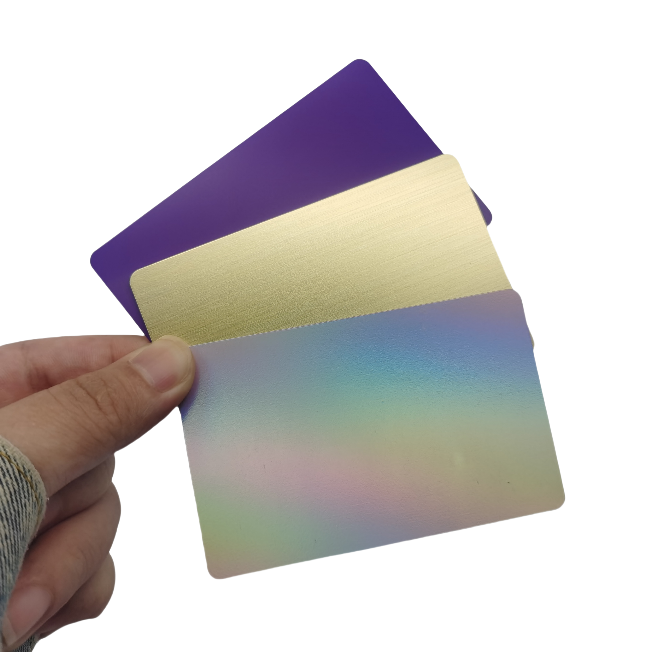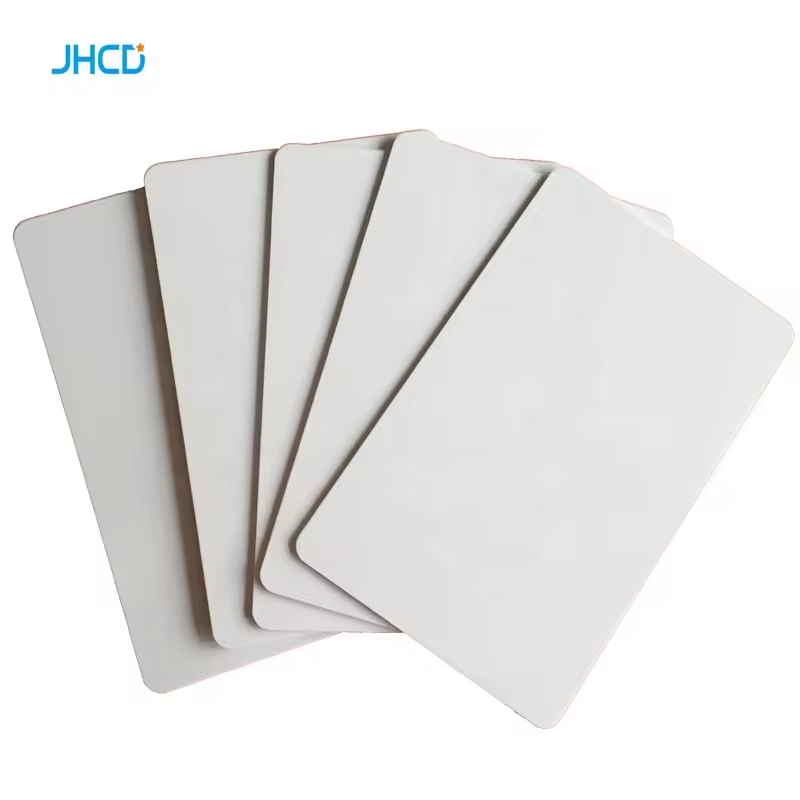RFID technology plays a critical role in improving patient identification processes, significantly lowering the chances of medical errors. With precise identification capabilities, RFID ensures that patients are accurately matched with their medical records, thus reducing the risk of treatments being conducted on mismatched identities. A number of hospitals implementing RFID systems have reported a noteworthy decrease in medication errors—some experiencing reductions as high as 30%. RFID tags attached to medications and equipment further enhance safety, ensuring the correct administration of items at the right times, leading to better overall patient outcomes.
Utilizing RFID technologies, healthcare settings can effectively provide real-time tracking for high-risk patients, allowing for rapid responses during emergencies. RFID bracelets equip healthcare providers to closely monitor patient movement and offer alerts to potential risks, such as wandering in cognitive patients. This capability is particularly beneficial in environments like geriatric wards, where patients are more susceptible to falls or other incidents. By employing these systems, healthcare facilities can enhance patient care, ensuring the safety and well-being of vulnerable individuals through continuous tracking and timely intervention.
RFID technology is transforming the way hospitals manage their assets and equipment, streamlining processes and improving efficiency. By simplifying inventory management, hospitals can easily track the location and usage of vital medical equipment, ensuring these resources are available when needed. For instance, RFID systems can cut down the instances of missing or misplaced assets by over 50%, significantly reducing operational costs. This tracking capability ensures that essential tools are always accessible, thus enhancing service delivery and patient care.
Integrating RFID tags into medication administration workflows is revolutionizing the accuracy and efficiency of drug distribution within healthcare facilities. This technology automates verification processes, ensuring that the correct medication is administered at the right time. Facilities utilizing RFID for medication tracking have reported improved compliance with administration protocols, leading to better patient outcomes. Additionally, these optimized workflows help reduce wait times for patients, allowing nurses to manage their time and resources more effectively, thereby promoting a higher standard of care.
For more information, click here.
Black NFC PVC cards are incredibly versatile for medical applications, particularly in patient identification and access control. They offer robust durability, making them ideal for use in various environments within medical facilities—whether indoors or outdoors. Their flexibility ensures smooth integration with existing systems, which is essential for maintaining seamless healthcare operations. Due to their resilience, these cards can withstand the rigors of a bustling medical setting while facilitating efficient management of patient and staff movements.

The white NFC PVC cards offer high visibility, making them perfect for use in patient care stations where quick identification is critical. These cards can be customized with graphics for easy recognition, which enhances their utility in environments like critical care, where every second counts. The ability to stand out visually ensures that important information can be conveyed swiftly and effectively, thereby minimizing errors and miscommunication.

Wood NFC cards are an eco-friendly solution that supports green healthcare practices. By offering a sustainable alternative to traditional plastic cards, these wood NFC cards help facilities reduce their environmental impact while maintaining high-quality operations. Their aesthetic appeal not only aids in effective branding but also aligns with healthcare providers who prioritize sustainability. The natural texture lends itself to a distinctive look that can elevate the brand image of an eco-conscious hospital.

NTAG 424 DNA PVC cards offer significant enhancements in security, making them indispensable for sensitive applications such as patient data protection. This card's capability to encrypt data ensures patient information remains secure, guarding against unauthorized access. With cutting-edge features like AES-128 encryption and secure NFC message authentication mechanisms, these cards excel in protecting critical healthcare data. Their adoption in medical environments supports not just compliance but also the safeguarding of patient privacy.

Implementing RFID technology in healthcare settings requires strict adherence to data privacy standards, like the Health Insurance Portability and Accountability Act (HIPAA), to protect patient information. These regulations ensure that personal health data remains confidential and secure amidst technological advancements. To achieve this, healthcare organizations should conduct regular staff training on compliance practices. This training helps minimize risks associated with data breaches by ensuring team members are knowledgeable about current laws and best practices. Moreover, establishing a compliance-focused culture within the organization can foster a proactive approach to privacy and security, further safeguarding sensitive information.
Integrating RFID systems with existing legacy healthcare systems can be a daunting task, as it involves addressing technical challenges and ensuring compatibility. Careful planning is essential to navigate these hurdles effectively. By fostering collaboration between IT and operations teams, healthcare providers can streamline the integration process and optimize the use of RFID technology. This teamwork is crucial for identifying potential obstacles early on and developing strategies to overcome them. By successfully merging old and new technologies, organizations can reap the full benefits of RFID systems, such as improved efficiency, accurate patient tracking, and enhanced inventory management.